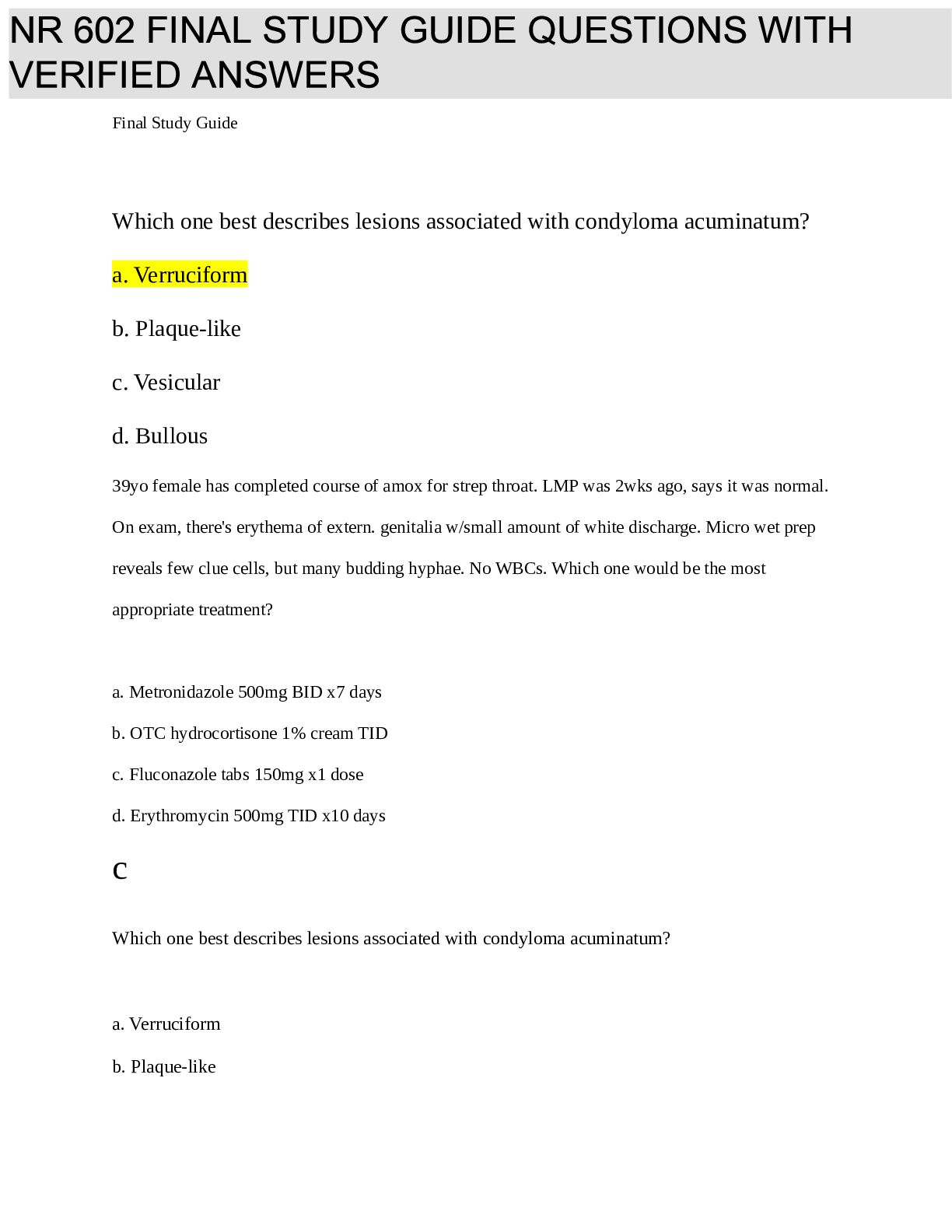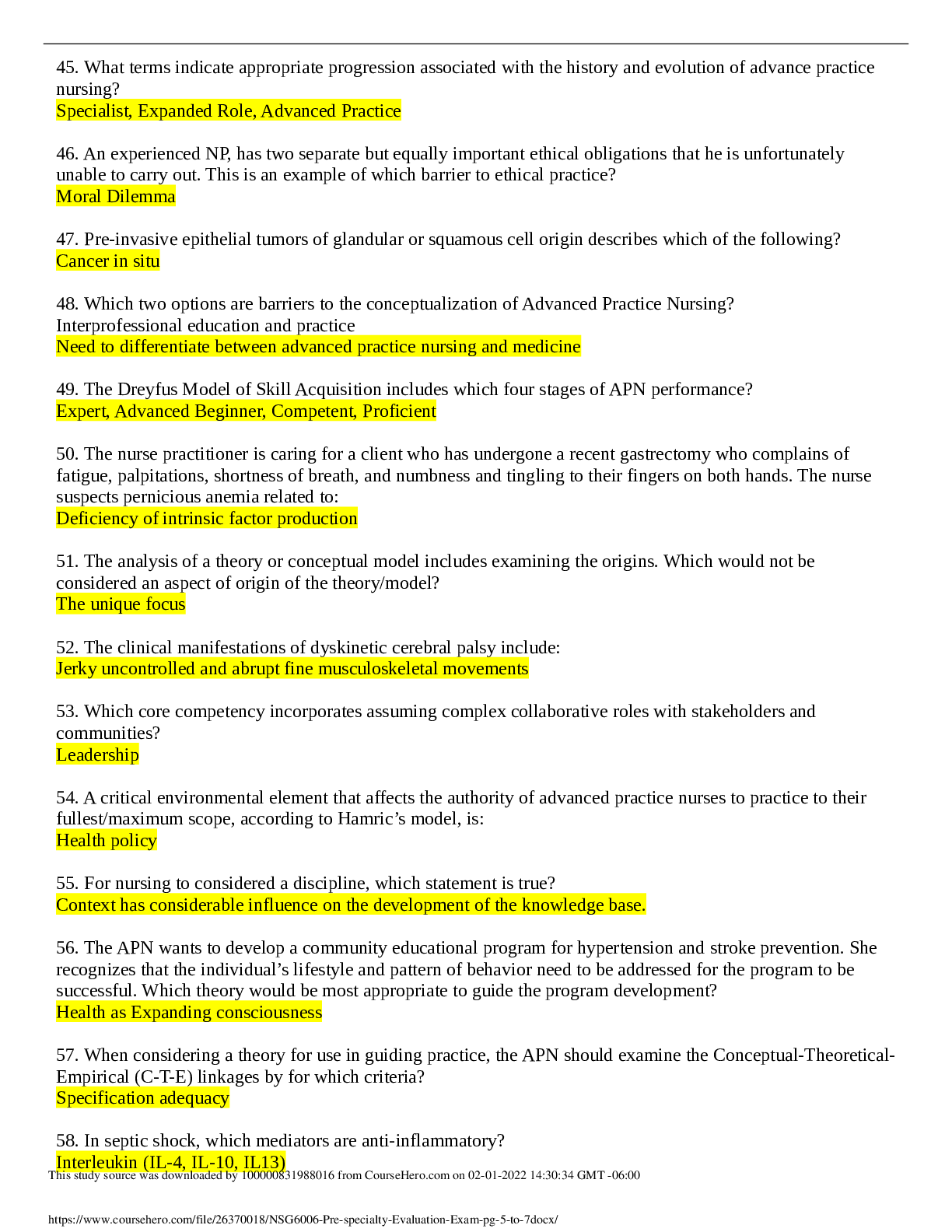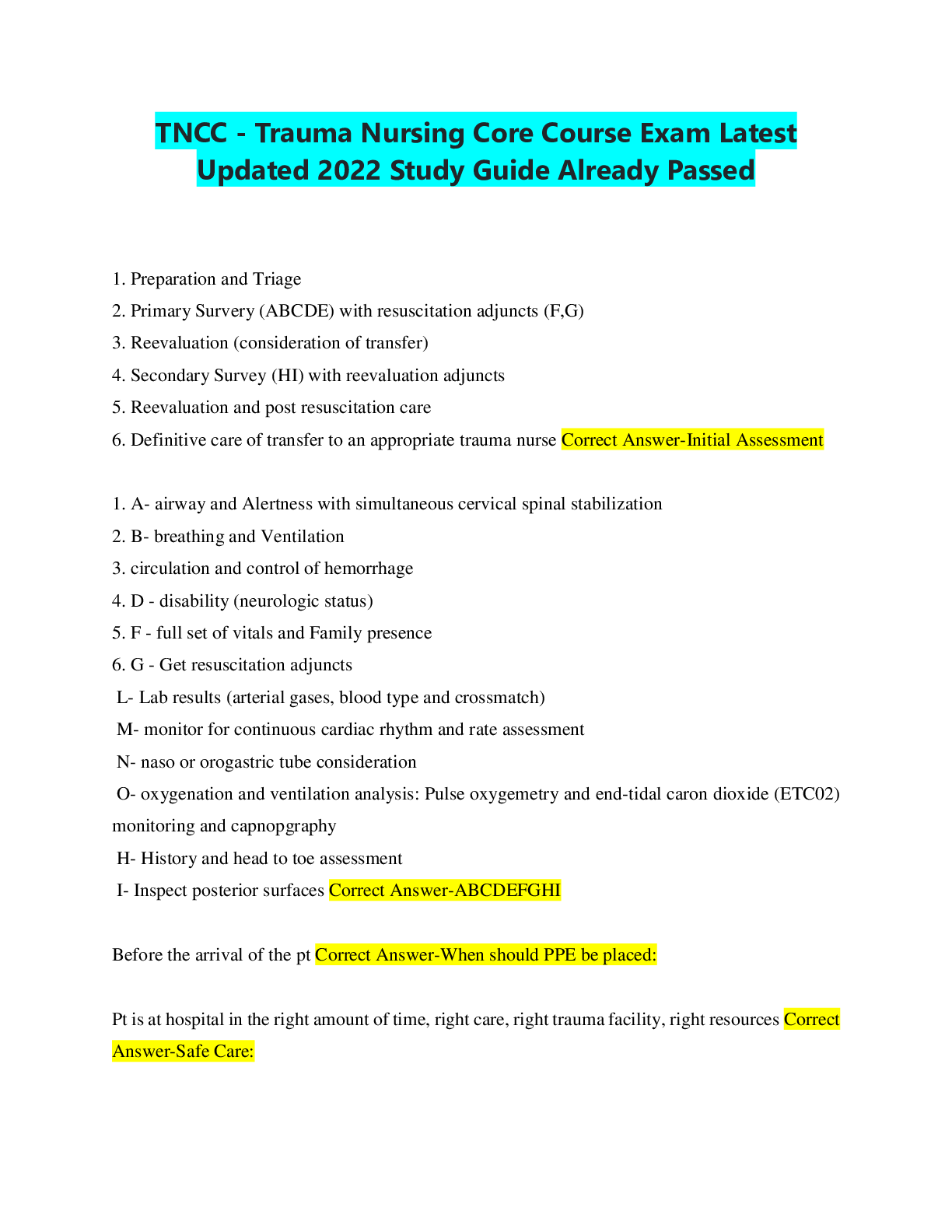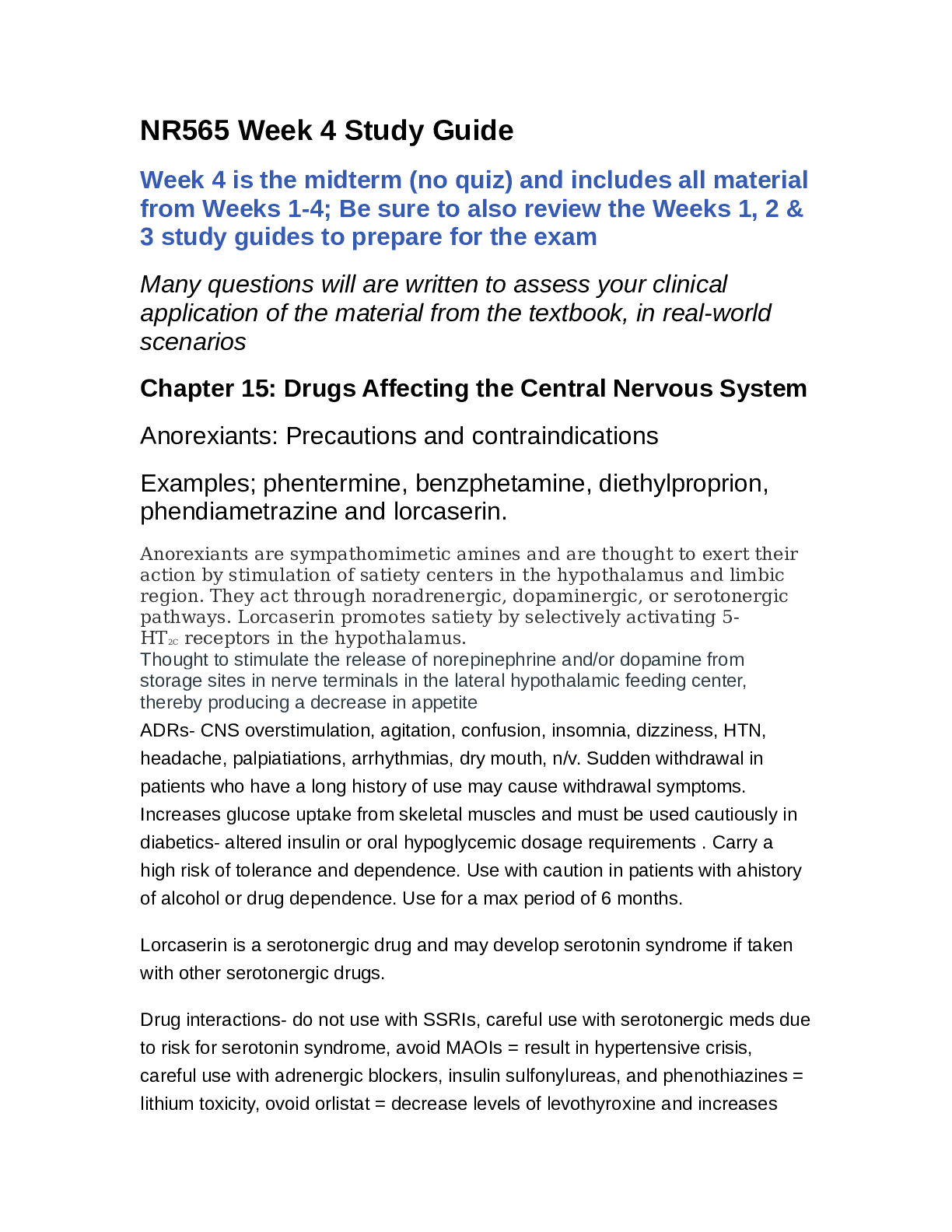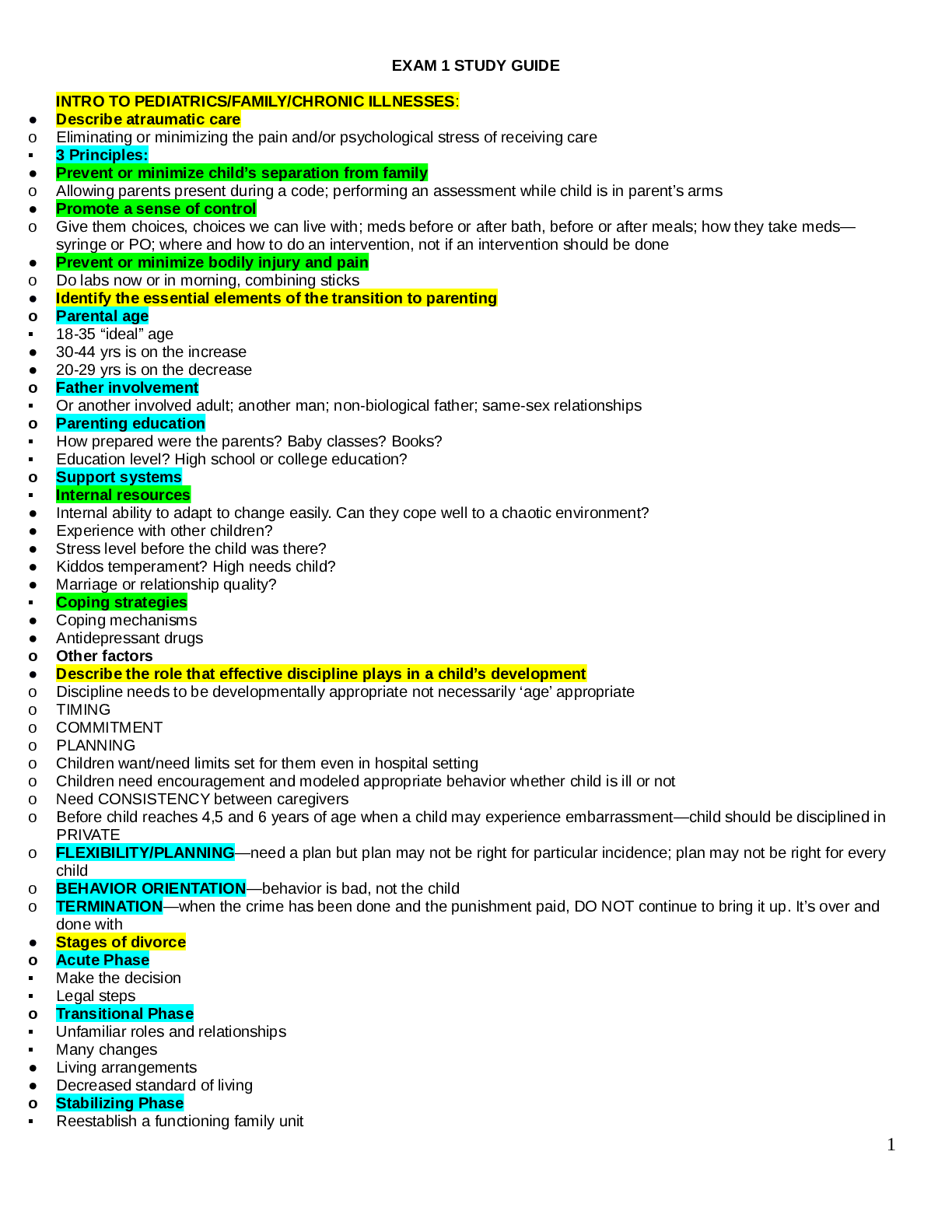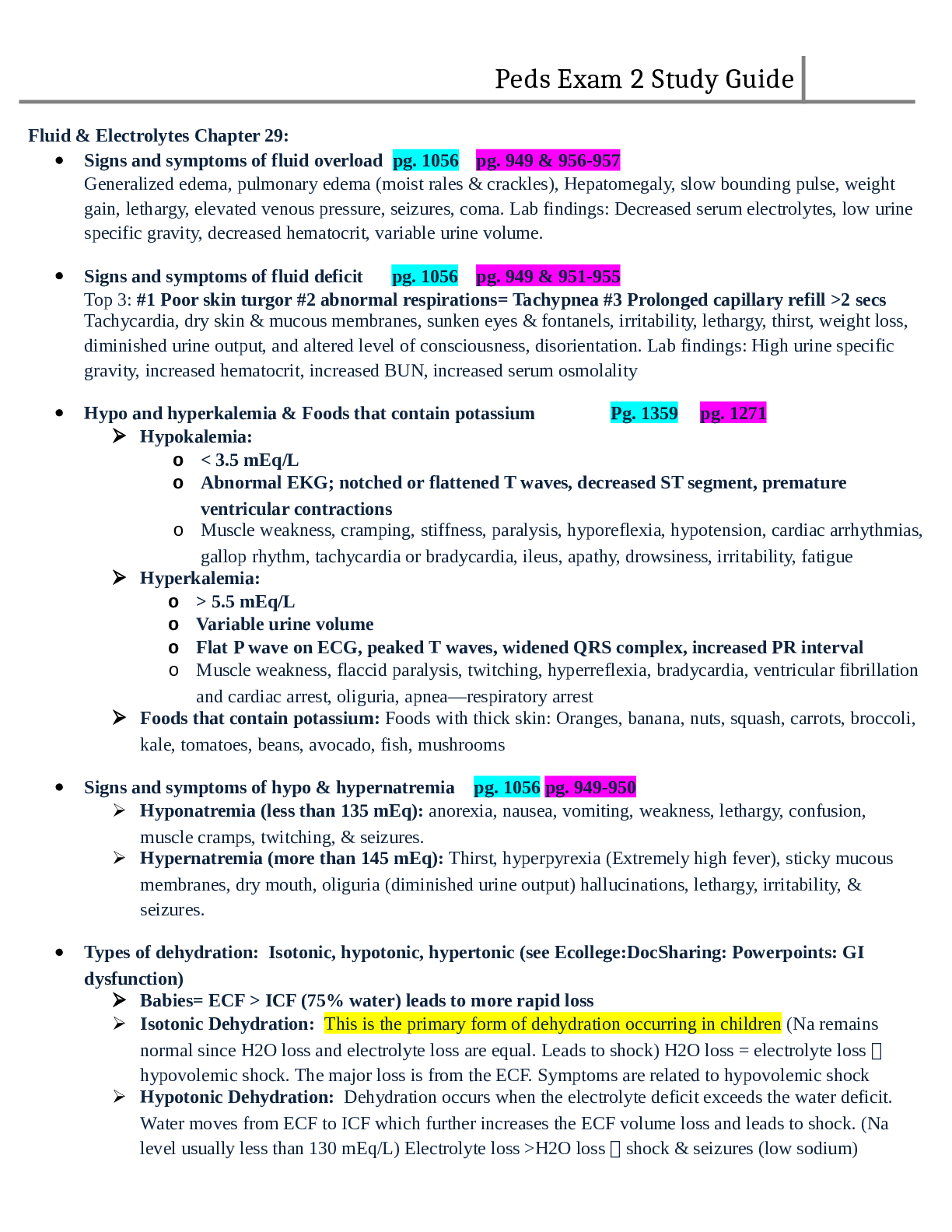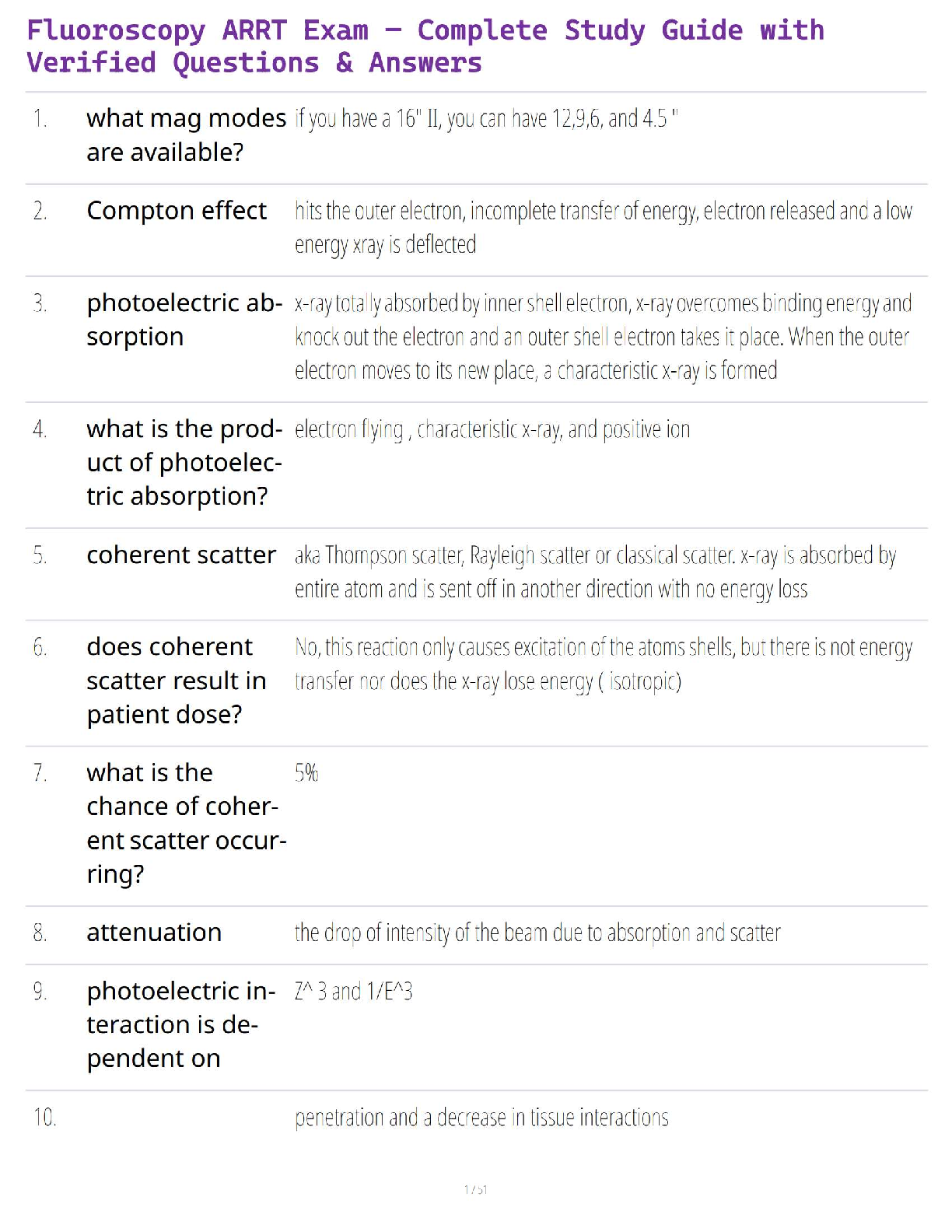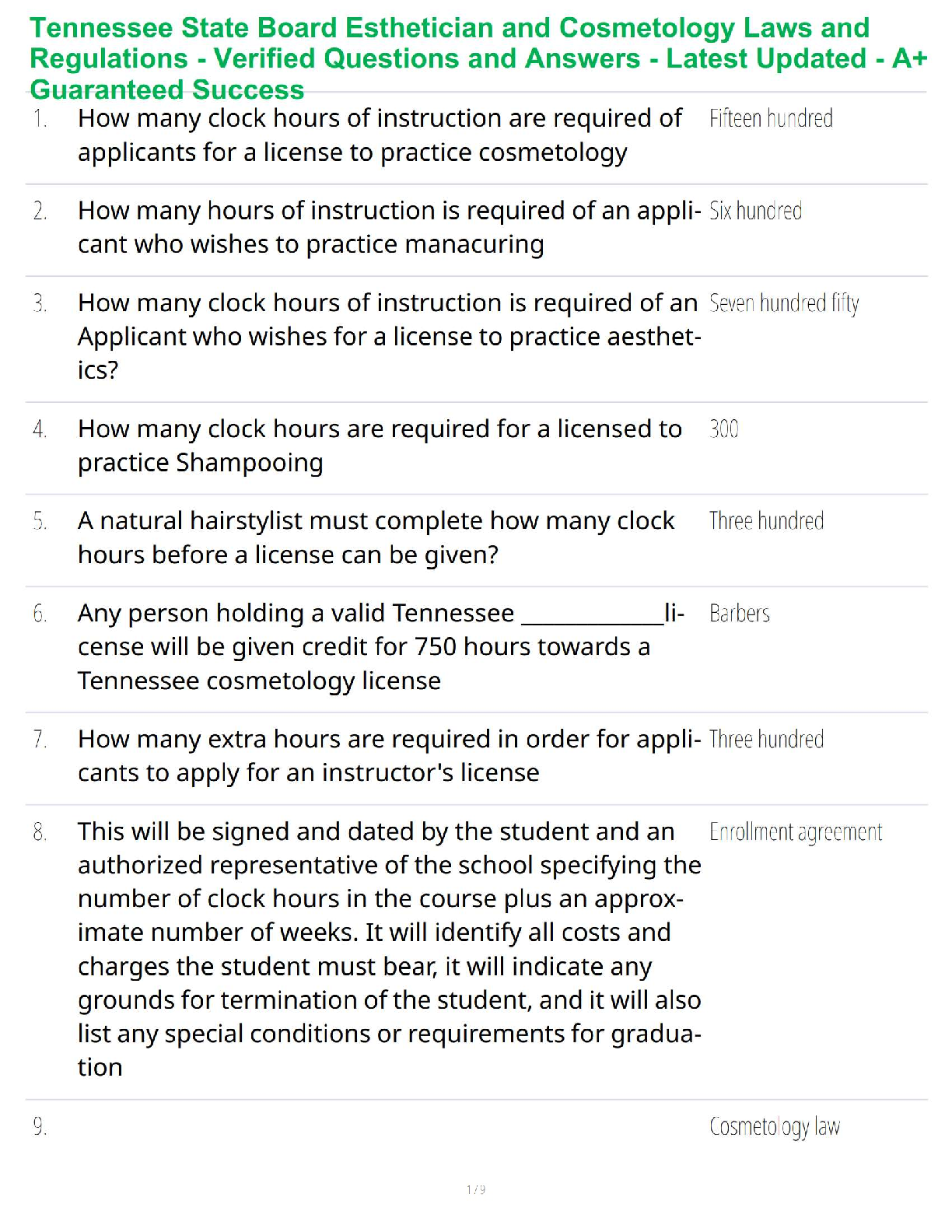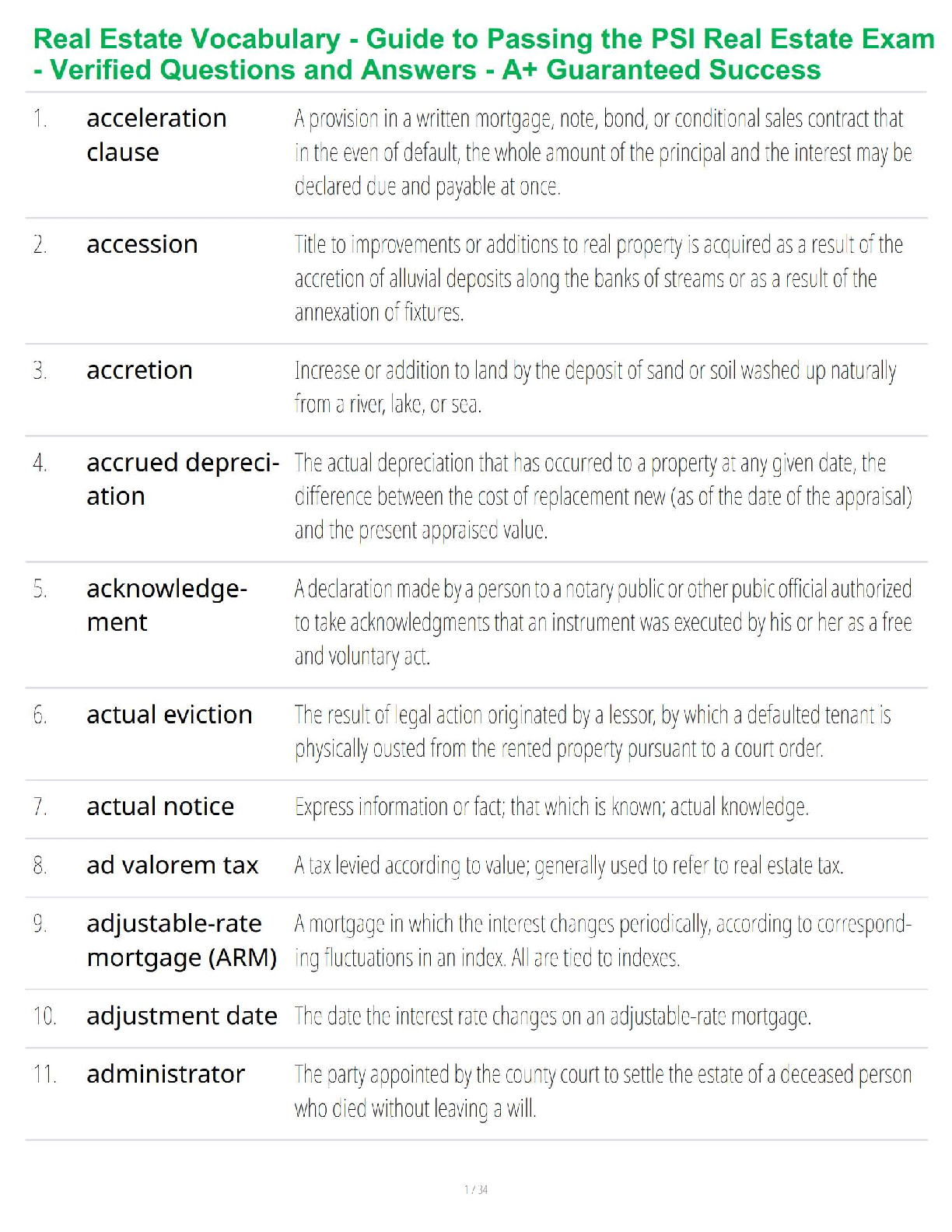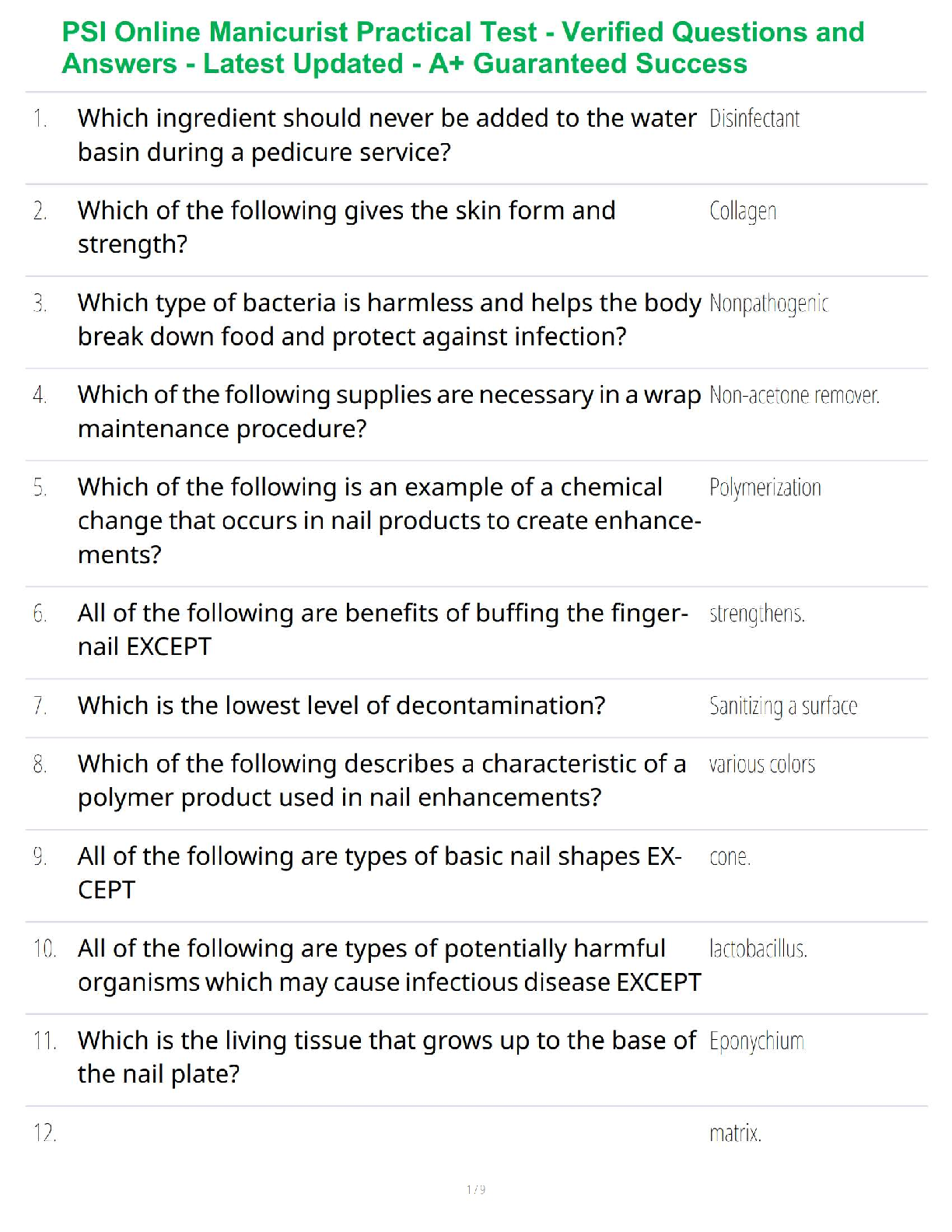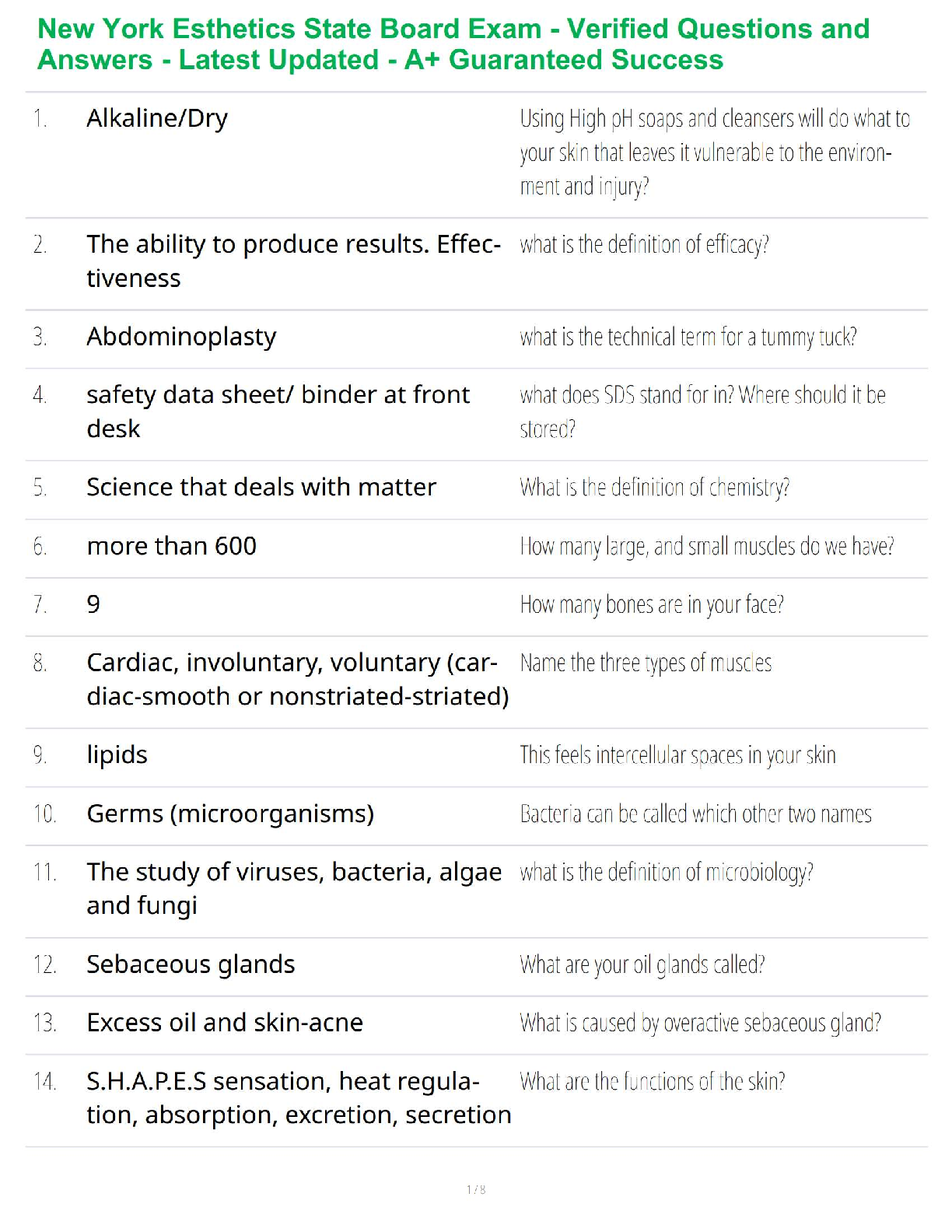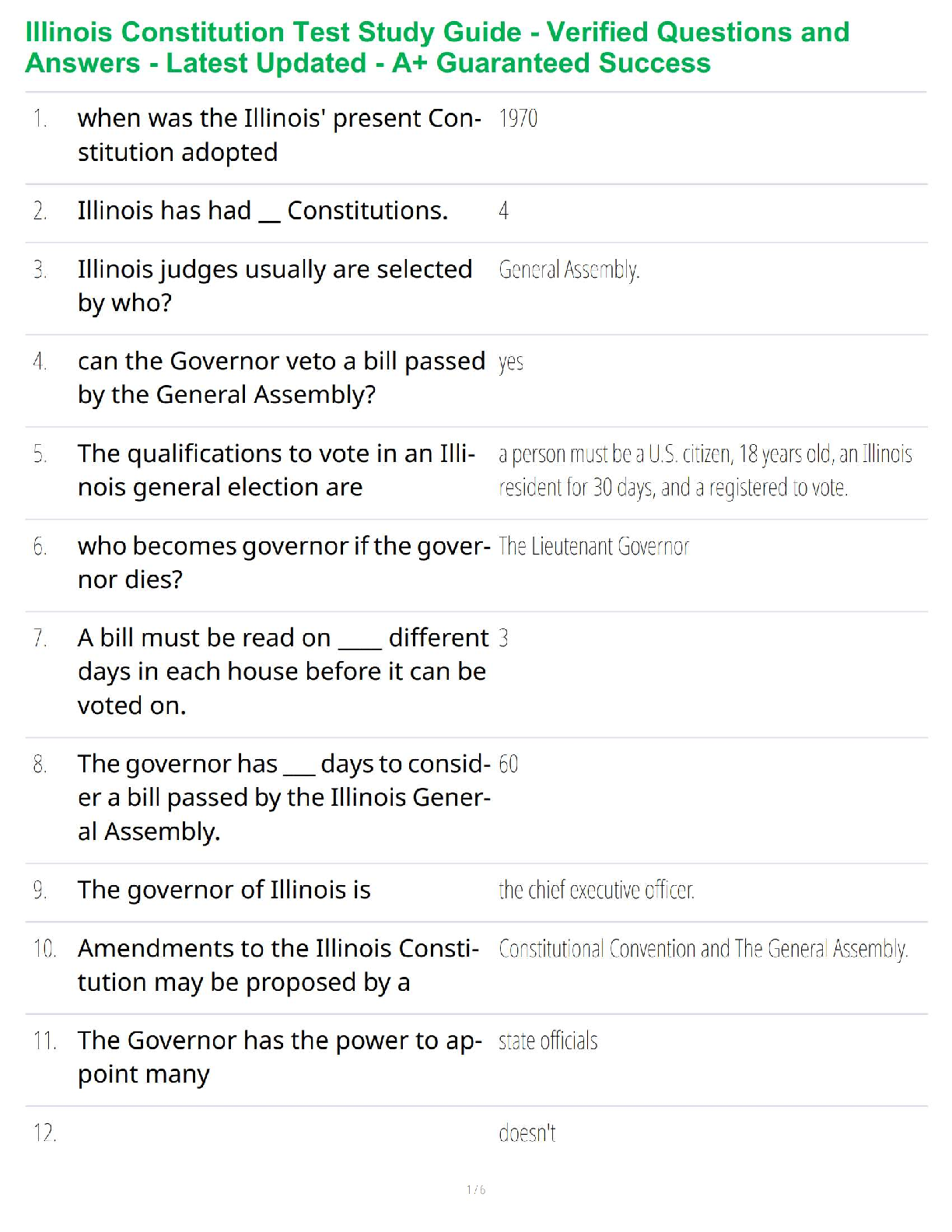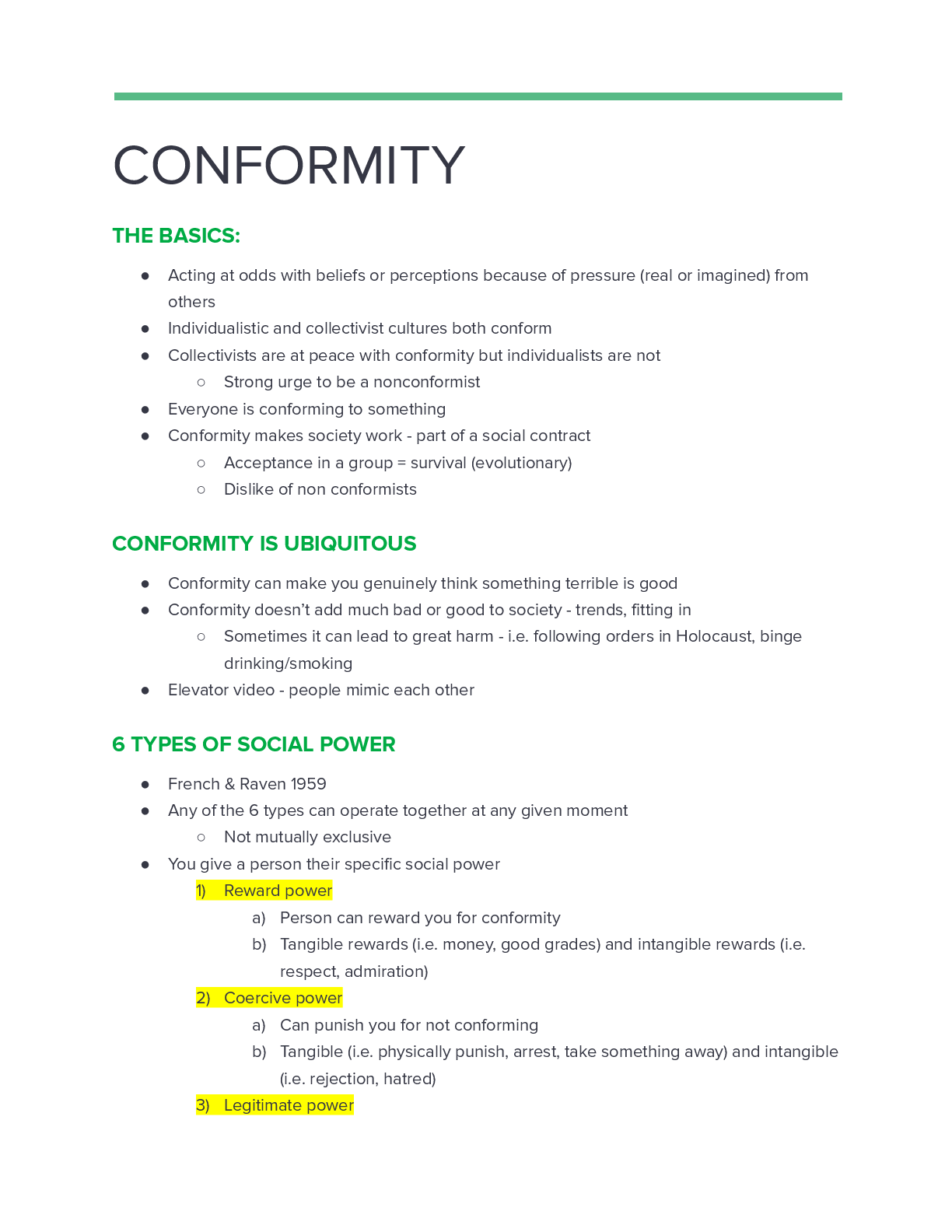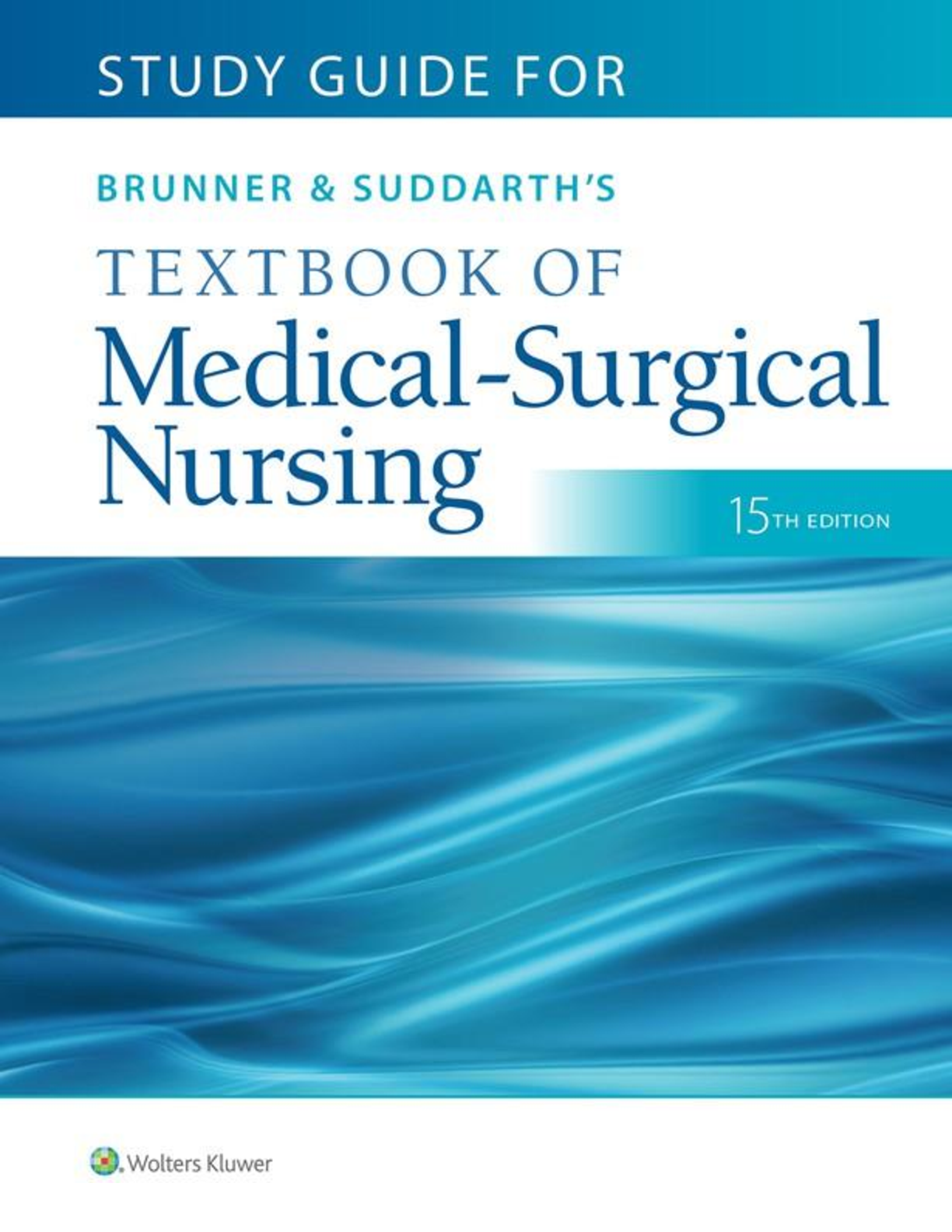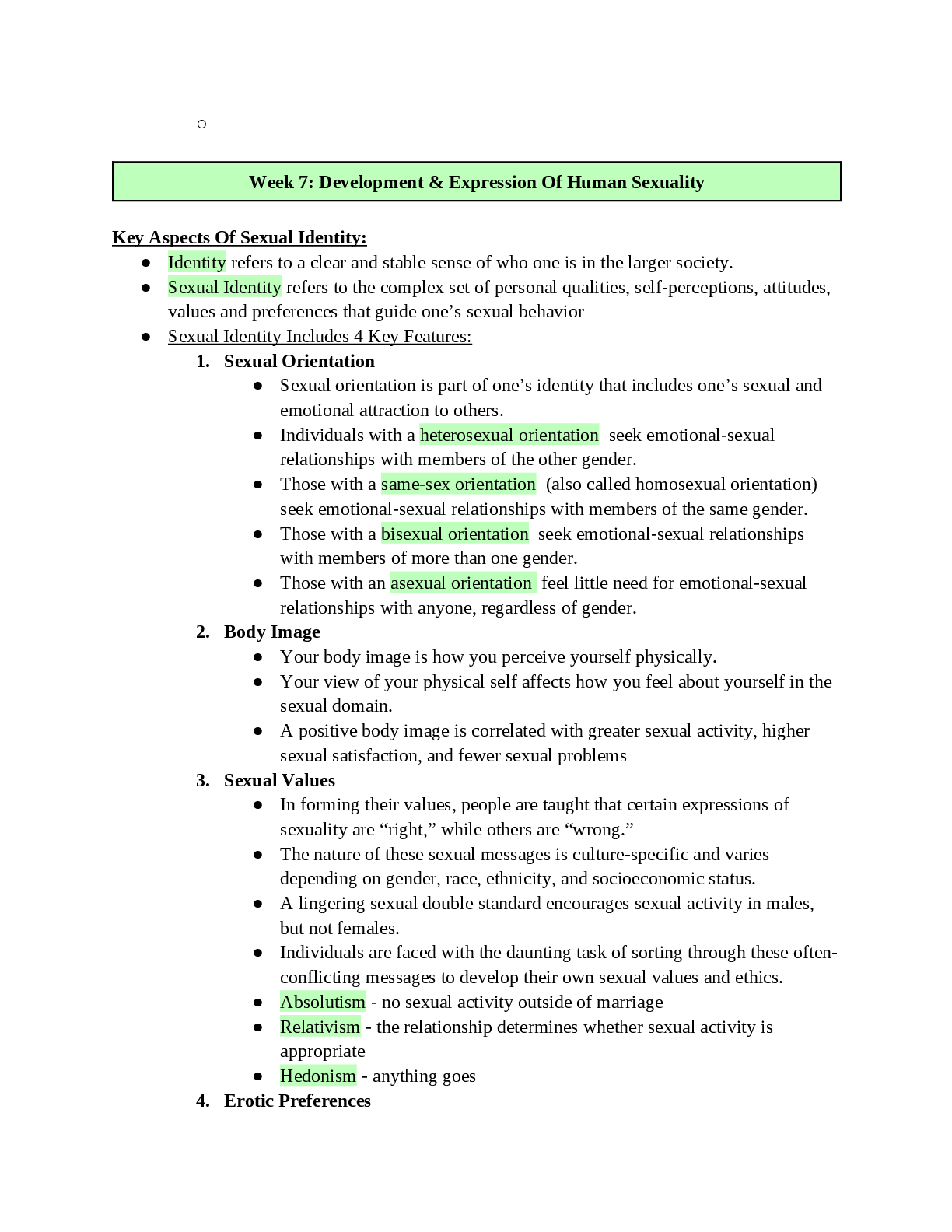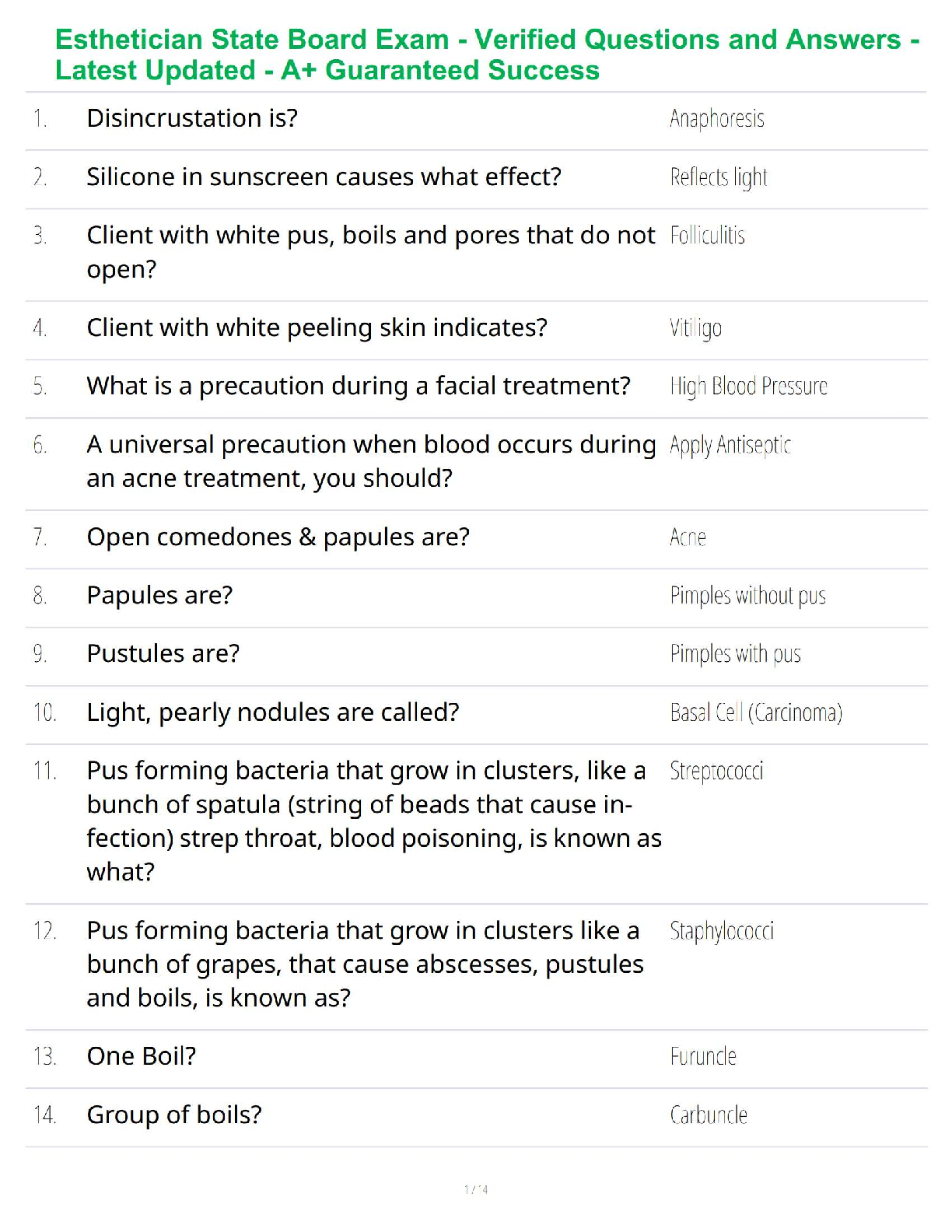Midterm Study Guide
Pulmonary:
Review concepts related to anticholinergic drugs and the treatment for
asthma
o (Block acetylcholine binding (primarily in lung) ->
bronchodilation through decreased parasympathetic
...
Midterm Study Guide
Pulmonary:
Review concepts related to anticholinergic drugs and the treatment for
asthma
o (Block acetylcholine binding (primarily in lung) ->
bronchodilation through decreased parasympathetic response
Tiotropium, Ipratropium
o Short-acting beta-adrenergic agonists (SABA) – activate beta
receptors primarily in the lung -> bronchodilation through
increased sympathetic response
Albuterol
o Oral corticosteroids – inhibit inflammatory cells and chemical
production -> reduce inflammatory process
Prednisone, prednisolone, methylprednisolone
o Long acting:
Inhaled corticosteroids
Beclomethasone, triamcinolone
Mast cell stabilizers
Cromolyn
Leukotriene modifiers
Zafirlukast, Montelukast
Long acting beta2 adrenergic agonists
Salmeterol
Methylxanthines
Theophylline
Monoclonal antibodies
Omalizumab
Bronchitis and associated pathogenesis
o In bronchitis, inspired irritants promote bronchial inflammation,
causing bronchial edema, increases the size and number of
mucous glands and goblet cells in the airway epithelium, smooth
muscle hypertrophy with fibrosis, and narrowing of the airways.
o Hypersecretion of thick, tenacious mucus occurs and cannot be
cleared because of impaired ciliary function. The lung’s defense
mechanisms are therefore compromised, increasing susceptibility
to pulmonary infection, which contributes to airway injury and
ineffective repair.
o Frequent infectious exacerbations from bacterial colonization of
damaged airways are complicated by bronchospasm with
dyspnea and productive cough.
Chronic bronchitis and related acid/base disturbances, perfusion, blood
flow between the heart and lungs
o Characterized by bronchial inflammation, hypersecretion of
mucus, chronic productive cough, persisting for at least 3
consecutive months for at least 2 successive years.
o Symptoms: productive purulent cough, copious sputum
production, shortness of breath, wheezing, rhonchi, cyanosis,
peripheral edema.
o Ventilation is decreased resulting in alveolar hyperinflation and
hypercapnia resulting in respiratory acidosis.
o The high concentration of CO2 creates an unfavorable condition
for gas exchange thus causing a ventilation/perfusion mismatch.
o Decreased perfusion of the pulmonary capillaries with
oxygenated blood results in chronic pulmonary hypoxia. Right
and Left shunting = blood passes from the RV to the lungs to LV
without perfusion (gas exchange)
Asthma signs and symptoms
[Show More]


